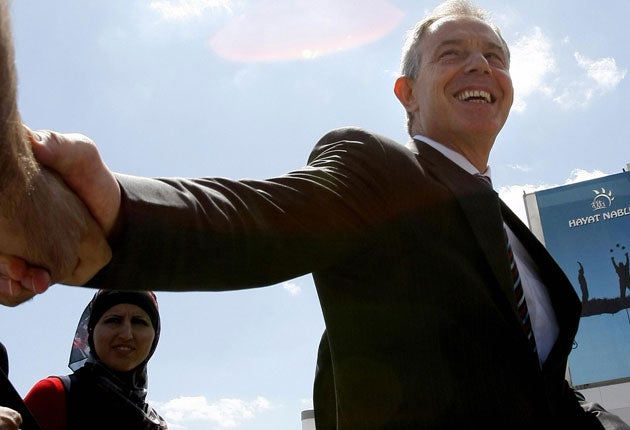Iraq war inquiry to take evidence in Iraq

The inquiry into the Iraq war may travel to the country to seek testimony from witnesses and gather evidence about the conflict.
Launching the long awaited inquiry, which had been surrounded by controversy, chairman Sir John Chilcott also stated he is considering holding “discussions” with US officials and seek documents from Washington to gage the “international context” of the invasion.
Sir John confirmed that Tony Blair would be called to give evidence and he and other witnesses would be warned about the consequences of not being truthful.
He said the inquiry had no legal power to make people give evidence under oath. But, he added: “If someone were foolish or wicked enough to tell a serious untruth in front of the inquiry like that their reputation would be destroyed utterly and forever.”
Sir John stressed that this was not a court of law and no-one was on trial. “But I want to make one thing absolutely clear,” he said. “This Committee will not shy away from making criticism. If we find that mistakes were made, that there were issues which could have been dealt with better, we will say so frankly.
“We are determined to be thorough, rigorous, fair and frank to enable us to form impartial and evidence-based judgments on all aspects of the issues, including the arguments about the legality of the conflict.”
Because of the “huge job” involved, the panel’s report may not appear until 2011, he said. “A period of as little as year is not going to be enough. So I think late in 2010 is probably going to be the earliest possibility but I don’t rule out the possibility we may have to go beyond that.”
Gordon Brown originally announced that the inquiry would be held behind closed doors and not seek to apportion blame, but he was forced into a hasty U-turn. The Independent revealed that senior military officers, including General Sir Mike Jackson, the head of the Army at the time of the invasion, and Lord Butler and Lord Hutton, who had chaired previous inquiries related to the Iraq war, were opposed to the proceedings being held behind closed doors.
Asked whether Mr Brown would be asked to give evidence, Sir John said he was “not proposing today to offer a list of witnesses” but reiterated his committee’s desire to question the “key decision-makers in the different phases of the Iraq affair… You can work out for yourselves who some of those would be.”
Speaking about seeking information from the US, Sir John said: “Of course we have no power to compel witnesses here – let alone people in foreign governments. Nonetheless... the Anglo-American relationship is one of the most central parts of this inquiry, and how that was conducted is something that we need to get a very strong understanding of.”
Bereaved families of those who died during the conflict and others “seriously affected”, including veterans’ groups, would be among the first to make their feelings known to the inquiry and arrangements are already in hand to meet them “as soon as practicable”, Sir John said.
Join our commenting forum
Join thought-provoking conversations, follow other Independent readers and see their replies
Comments
Bookmark popover
Removed from bookmarks